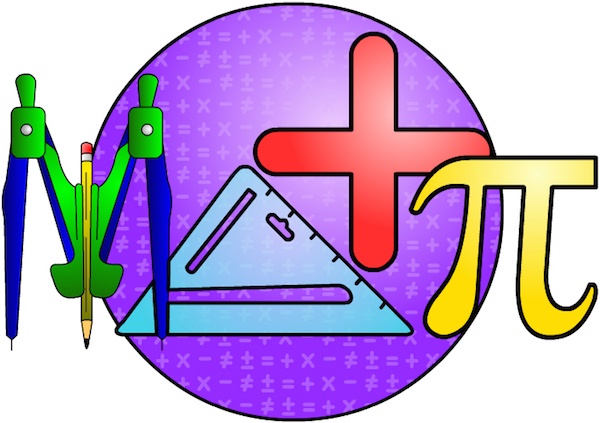No matter which IB math course you take, the test can be stressful. For many students, achieving a 6 or better is necessary to get you out of college math requirements. Even if you're not aiming for a 6 or above, you need to pass to better your chances of getting your IB Diploma. You've spent years studying for this moment. To ensure you're prepared, we highly recommend sitting for at least one practice test using IB Math past papers.
In this article, we show you where you can find free and paid IB math practice materials for the four IB math exams: Applications & Interpretations SL and HL as well as Analysis & Approaches SL and HL. We'll also give you advice on how to get the most out of your practice so you can hit your target score on test day.
























